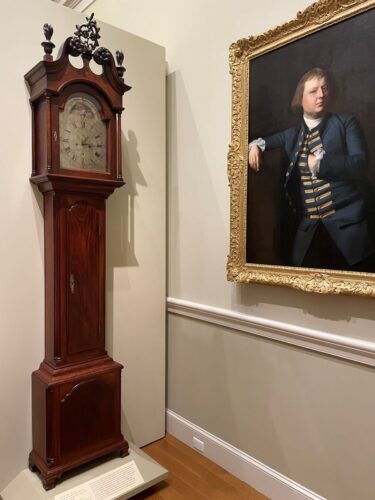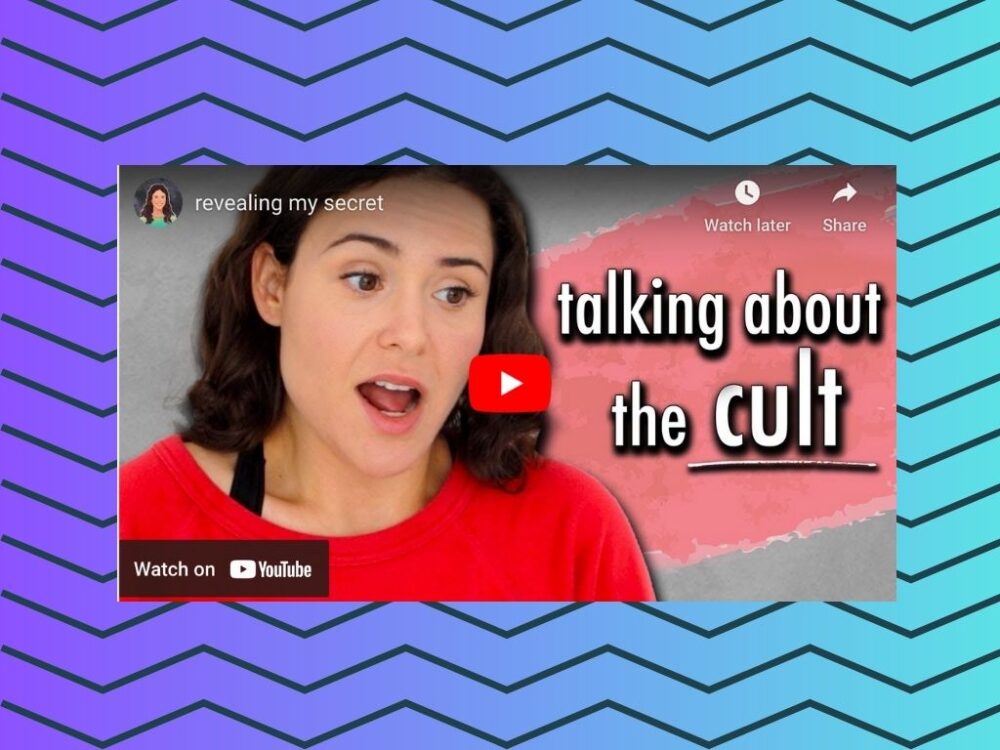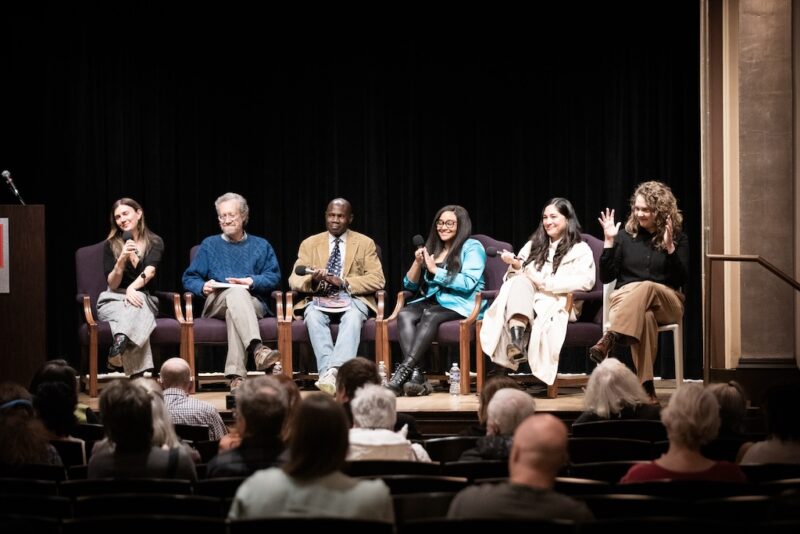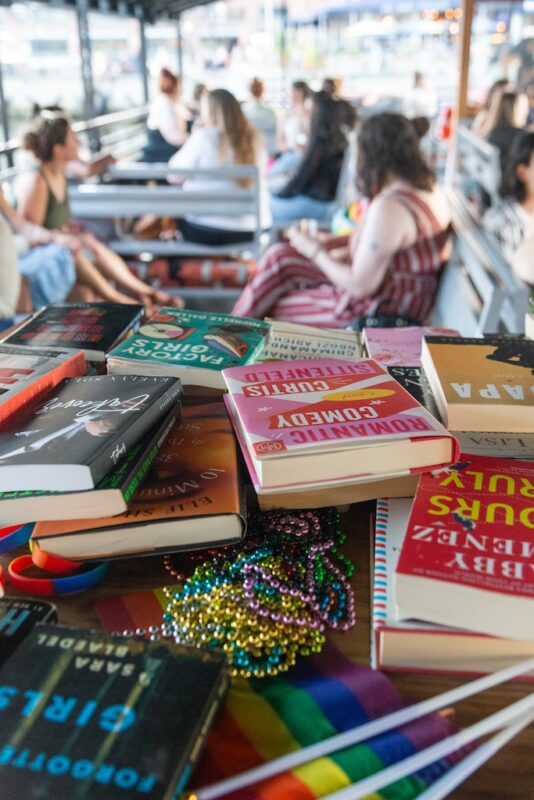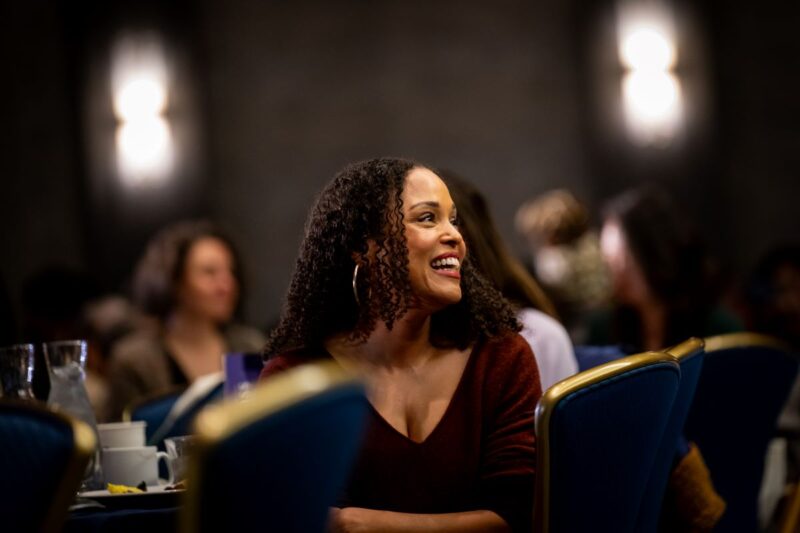I learned some things on the internet this week. Highlights: Tina Turner, Janelle Monáe, pandemic intimacy, Dr. Money talks the WNBA, Brittney Griner, CitiBikes, Succession, Harlan Crow, trees, and Alyx Weiss.
Vulture: Tina Turner Bet on Herself
Legendary singer, dancer, and entertainer Tina Turner died on Wednesday. She was 83. Known as the ‘Queen of Rock n’ Roll’, Turner had to fight for her career that has inspired generations of singers. She rebuilt her career after “[giving] up a great deal in the divorce to free herself from a pattern of abuse and manipulation,” as Craig Jenkis tells in his remembrance. Throughout her career, she was overlooked at times, and people she inspired, like “Rod Stewart and David Bowie used their connections to help jump-start Turner’s own second act.”
Turner’s music transected genres as she “crawled down into the cracks of a song, shouting, whirling, and bellowing her way through terse character studies while slicing through the mix like a hot knife.” It was, it is, unequivocal. “As we remember the unquenchable fire of Tina Turner — in song, in trauma, onstage, and in film — let’s never forget how many people didn’t seem to mind letting the embers cool when a little care and grace and space was required.”
RollingStone: Janelle Monáe Is Back From the Future and Ready to Play
I cannot help but to think that we are not ready for Janelle Monáe, and simultaneously they are everything we need right now! In advance of Monáe’s forthcoming album, The Age of Pleasure, Mankaprr Conteh spent time with the singer at their Wondaland compound to discuss “the evolution that’s made her more nude, more present, and less anxious.” Both Monáe and Conteh reflect on making and working across disciplines—across times—in this profile, questioning (and showing us) what it means to root oneself in love and care.
Columbia Journal of Literary Criticism: Digital Semiotics & Pandemic Intimacy II
Over the past year and a half I’ve spent time talking to Amari Grey, the author of this essay, about various things (various things here mostly meaning life), in various ways, on various platforms. Mostly, this presents itself as us kiki-ing, shooting the shit, or ~vibing~. More so than an essay, however, this is a reflection, as she states at the offset, on life. A reflection “on my journeys in the digital current, and the exchange of visibility I’ve negotiated these past three years,” as she introduces their thoughts.
Reflections on life—on the state of life—on living—“stories of being lost, as a praxis and a process; of being lonely, and often alone; becoming visible and unseen. I take vulnerability as an offensive measure against the techno-capitalist present; empathy, as a possibility made real in the arms of, in arms with, loved ones.” Here, Grey molds kiki-ing, shooting the shit, or ~vibing~ into a moment of empathy that we can all hold onto.
Ever since I started listening to QueerWoc podcast a few years ago, I have been WISHING that Dr. Money McEachern would do more extensive coverage of the WNBA. Thankfully, sometimes wishes do come true and Dr. Money is now the host of Rebound Revolution, “a not-so-basketball basketball podcast bringing you the revolutionary on and off the court happenings in the WNBA.” I am beyond excited for this season of the W and Dr. Money’s coverage!
The Atlantic: Brittney Griner Has the Right to Change Her Mind
Brittney Griner played her first WNBA game in 579 after being detained in Russia for almost 10 months. During the game in LA against the Sparks, Brittney Griner stood for the national anthem for the first time since 2020, when she stopped in protest of police brutality and “and even suggested that it shouldn’t be played at any sporting event.” While she was detained, “Some critics believed that Griner didn’t deserve support from the U.S. government because of what she had said about the anthem, and many people on the right criticized the Biden administration for coming to her rescue.”
Griner garnered criticism again for changing her mind and standing again. But, as Jemele Hill argues here, she is allowed to do so and “Griner’s dissent was always a poor excuse to question her patriotism. If she didn’t love this country, she never would have criticized it. If she didn’t love this country, she wouldn’t have helped Team USA win two gold medals.”
NewsOne: Mother Of Teen In Citi Bike Video Speaks Out: ‘No One Bothered To Ask Him What Happened’
Last week, I saw a viral clip of a Karen, identified as Sarah Jane Comrie, weaponizing her white womanhood against a 17 Black boy. The boy, referred to as Michael here to protect his identity, argued with the woman after she attempted to take a highly coveted e-Citi Bike he was about to use. Since then, the story has gone as predicted: he has been condemned and she has been valorized, raising over $100,000. For the first time since the incident, Michael and his family get to tell their side of the story. This is heartbreaking not only because of what they have had to go through, but also because so many other Black people attacked by Karens experience the same thing.
Longreads: Not Serious People: A ‘Succession’ Reading List
The series finale of HBO’s Succession airs tonight. Created by Jesse Armstrong, the series has turned into a cultural behemoth and follows the Roys, the undoubtedly awful “owners of a gargantuan right-wing media empire, perennially battling over who will inherit the kingdom from their ailing octogenarian patriarch, their concerns are borne of avarice and pride and immense self-interest.”
Throughout the series “we’re left in little doubt that none of the four adult Roy kids would have amassed any power under their own steam; that they’re afflicted with varying degrees of ineptitude has proven no barrier to their standing.” As disastrous as the characters are, they are so richly written that it is hard not to root for them. Here is a look at some of the best writing on the show over the years.
The Atlantic: Inside the Garden of Evil
I had not heard of conservative billionaire Harlan Crow until ProPublica published its investigation into his relationship with Supreme Court Justice Clarence Thomas last month. This relationship included paying for $500,000 luxury vacations for the justice and his wife, and paying for Thomas’s mother’s house.
Since April, I’ve learned a lot about Crow, like the fact that he collects Nazi memorabilia like a “signed Mein Kampf, paintings by Hitler, and a Third Reich–era tea service.” Although Graeme Wood doesn’t outright condemn Crow in this profile, he brings up some disturbing, but unsurprising stuff. Like how “Crow said he hadn’t felt the need to sort the interior collection by level of evil.”
The New Yorker: What We Owe Our Trees
The first tattoo I got was of a fascicle of eastern white pine needles. Eastern white pines are the state tree of Michigan, my home state, and were farmed in the once robust logging industry. Now, old pine farms litter the state, and dominate forests. I often say that I miss the woods, and “the woods I know best, love best” are made of pine.
Although I love the woods, they are on the decline, and “in the past ten thousand years, the Earth has lost about a third of its forest, which wouldn’t be so worrying if it weren’t for the fact that almost all that loss has happened in the past three hundred years or so.” Long efore becoming a symbol for environmentalism, trees helped us evolve into the very creatures we are today. Our history is intertwined with theirs, and we must reciprocate all that trees have given us.
Time: YouTuber Alyx Weiss Went Dark for Months. Now She’d Like to Address Her Fans
Before reading this, I had never heard of Alyx Weiss, a YouTuber that went dark for months after relaying on her podcast that she had recently escaped a cult but “planned to meet with the group again for a potluck.” Although I had not heard of Weiss, I’ve spent a lot of time thinking about “What, if anything, do content creators owe their audiences?”
Weiss had not joined a cult, but after spending 14 years on social media was burned out and needed a break. While she does not know exactly what she might owe her followers, she brings up a lot of good points in the way she considers what is owed.

